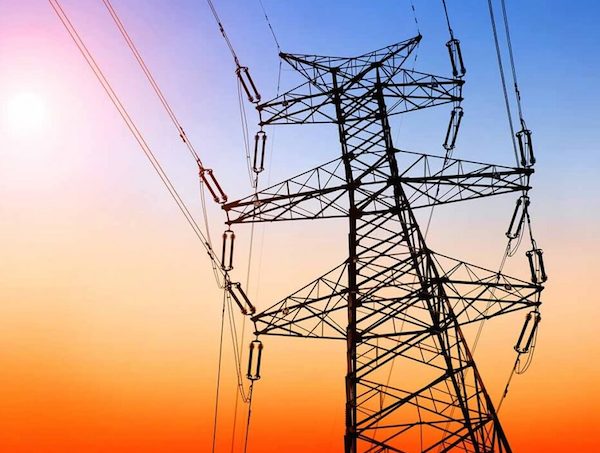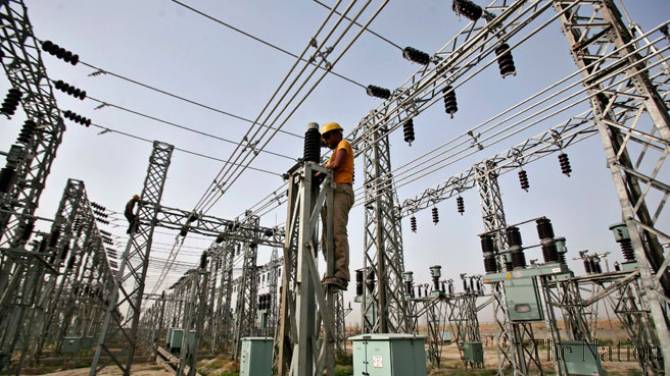Editor of the leading mining trade journal, Mining Review Africa, Laura Cornish, in this exclusive interview expatiate on the Democratic Republic of Congo’s (DRC) President Joseph Kabila signing of the revised Mining Code into legislation.
The news that President Joseph Kabila on recently signed the revised Mining Code into legislation. What does the new code mean for mining operators and what is your response to this?
The Mining Code in essence has increased taxes on the minerals mined and processed in the DRC. The code will likely impose higher royalties on cobalt, a critical metal for electric vehicles – a market that is growing exponentially every year. Royalties on cobalt could rise to 10 per cent if it is determined “strategic” by the government, up from 2 per cent. I understand that the country would like to realise greater revenue generation from its mining industry and copper and cobalt in particular and I appreciate this need but I believe it would have been better for government to engage more with the industry to find a resolution that benefits all, including the investors.
What do you think the mining industry’s response will be?
The mining industry has not fully embraced the revised Mining Code – primarily because the government did not engage with them during the revision stages. Secondly, the government invited the mining houses to engage with them on the code last week, indicating they were open to discussion, only to introduce an unchanged code into law two days later. Naturally mining companies would be opposed to legislation that impacts on their profits and shareholder returns without forewarning.
Were they given enough opportunity to give their input?
I don’t believe so no, based on commentary from the industry including Randgold Resources in particular.
What does this mean for the mining industry in DRC?
Fortunately, I believe the demand for cobalt, and copper to a lesser extent, will override the financial impacts of the revised Mining Code. The electric vehicle market and battery markets are growing and require cobalt to operate. Profits due to higher cobalt prices should lessen the impact of higher taxes.
What do you think is the message that the DRC government is sending the mining houses?
The government wants to reinforce to industry that its resources belong to the country and for that reason the country should benefit from mining and selling its metals. The new code demonstrates this perfectly. However, it is essential that the government put the additional revenue it earns to good use. If they invest it into improving their infrastructure and educating their citizens, mining companies would less likely oppose the tax increase as this would benefit the industry and also encourage investment.
How does the DRC Mining Code compare to other African mining destinations?
A large number of African governments are looking to gain greater revenues from their mineral concessions and as such are amending their regulations and legislation – like the DRC and South Africa. I only hope that government would engage more with their industry to understand their needs too – which includes generating sufficient returns to attract new investment. I do believe a compromise can be achieved where both parties benefit.
Anything else you would like to add?
It is difficult to choose sides on matters of law and policy when as a journalist I understand objectively the needs of both sides. I can only reiterate the need for open engagement and understanding of each other’s needs and objectives to find resolution. Mining companies should pay more in tax when commodity prices go up above initial production forecasts. They should still be able to generate healthy profits for their shareholders. Government should financially benefit from its mineral resources and should use its tax money and invest it into the country and reduce corruption activities.






